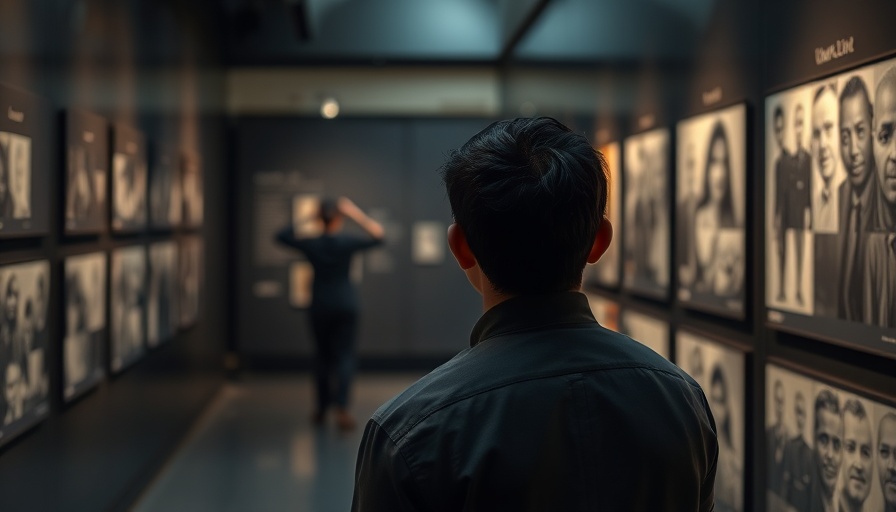
A Nation Rising from the Ashes
In the two decades since the devastating genocide in 1994, Rwandans have demonstrated an incredible resilience. The genocide, which claimed an estimated 800,000 lives in just 100 days, left deep scars. Yet, against all odds, Rwanda has evolved from a nation torn apart by ethnic conflict into a beacon of hope in Africa. This transformation is not merely political; it embodies the aspirations of a generation sworn to prevent such atrocities from recurring.
In 'Rwanda - Life after the genocide', the discussion dives into the complex journey of a nation redefining its identity, exploring key insights that sparked deeper analysis on our end.
Collective Memory and Responsibility
Central to Rwanda's recovery is the commitment to remembrance and education. Survivors and leaders emphasize the importance of ensuring the next generation understands the history — the emotions, the pain, and the resilience that defines their lineage. As one survivor poignantly stated, "We have a duty to make sure they understand this and they are there for this land for the people of this land." Such statements illustrate a collective responsibility to learn from the past to ensure a peaceful future.
The Role of the Youth in Shaping Rwanda
The empowerment of Rwanda's youth is critical in this journey. As young people inherit the narrative of genocide, they are increasingly becoming the torchbearers of change. They embody a determination to forge a new identity, one rooted not in division but in unity and shared purpose. This evolving narrative is essential for a country intent on establishing itself as a model of progress on the African continent.
Challenges Persisting Amid Progress
However, the road ahead is fraught with challenges. While governance has improved, maintaining accountability remains a key hurdle. Civil rights concerns and political freedoms are critical issues that require ongoing vigilance. As Rwanda strides forward, the balance between national development and individual freedoms must be delicately maintained to avoid history repeating itself.
Conclusion: The Onus of the Present and Future
The aftermath of the genocide in Rwanda serves as a stark reminder of the consequences of unchecked hatred and division. As we reflect on Rwanda's journey since the tragedy, it is crucial for global communities to engage with and support nations dealing with the legacies of their histories. Rwanda teaches us that healing is a collective effort; it is a conscious endeavor that requires both remembrance and a commitment to action.
Join the conversation about Rwanda by reflecting on its past and its ongoing journey toward a brighter future. Engage with the present issues that shape not just this nation but resonate globally, emphasizing the value of accountability and transparency in governance.
 Add Row
Add Row  Add
Add 




Write A Comment